Good News! 31 Positive Environmental Stories from 2020

Get news, updates, & event Info delivered right to your inbox:
Good Environmental News Stories from 2020 That Will Make You Realize that Good Things Still Happened this Year
Happy Treecember y'all! And congratulations on making it through 2020. WE did it! This year proved to be unlike any other, but there's still plenty to be happy about. While we stayed at home, we watched murky water turn blue and mountainous skylines reappear. There were innovations in favor of nature AND lots and lots of trees planted. It's hard to believe another year has passed us by, but there's a lot we can take away. One thing is for sure — creativity and collective efforts are more important than ever!
Join us as we dive into all things positive for nature in 2020!
All Things Trees & Reforestation
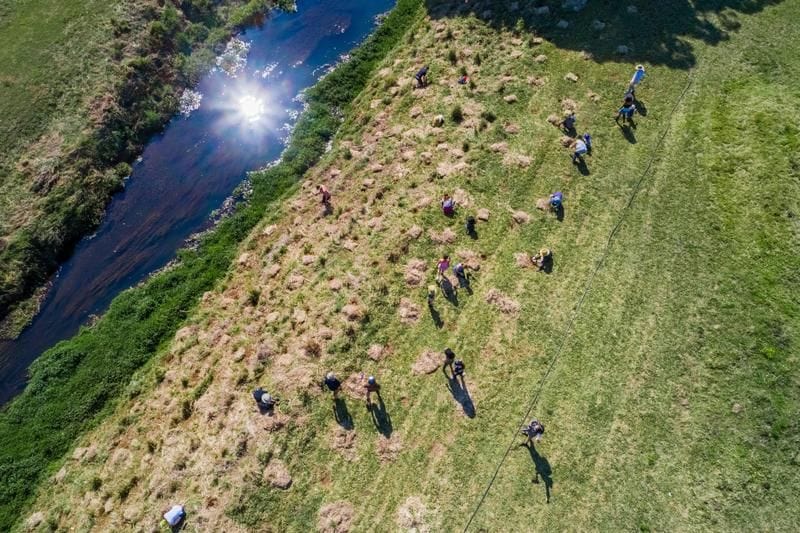
Global Partnership to Plant 25 Million Trees for Australia's Bushfire Recovery
This large-scale environmental project is a collaboration between AstraZeneca’s global initiative AZ Forest (supported by One Tree Planted), and the Global EverGreening Alliance’s Restore Australia program (supported by Ark2030). All of the on-the-ground work will be done by one of Australia’s largest environmental restoration organizations, Greening Australia. This is an amazing example of what can happen when corporations join forces with nonprofits to do good in the world.
Firefighters Save World's Only Dinosaur Trees
You read that right: dinosaur trees! During Australia's historic fire season, the Gospers Mountain fire burned 512,000 hectares of land in Wollemi National Park before it was contained. Specialist firefighters worked tirelessly from the ground and the to save the world’s last Wollemi pines — also known as the “dinosaur trees,” because their existence dates back to prehistoric times.
Disease Sniffing Dogs Help Save the World's Citrus
A plant pathologist with the United States Department of Agriculture discovered that dogs could be trained to sniff out infection in citrus trees just weeks after it's contracted. This is a great nature-based solution to protecting trees and healthy citrus fruits we love!
Jane Goodall Plants 5 Million Trees
To show her commitment to mitigating the climate crisis, Jane Goodall tries to lessen her carbon footprint as much as possible every day. AND her Roots & Shoots program planted 5.5 million trees last year, with hopes to plant many more!
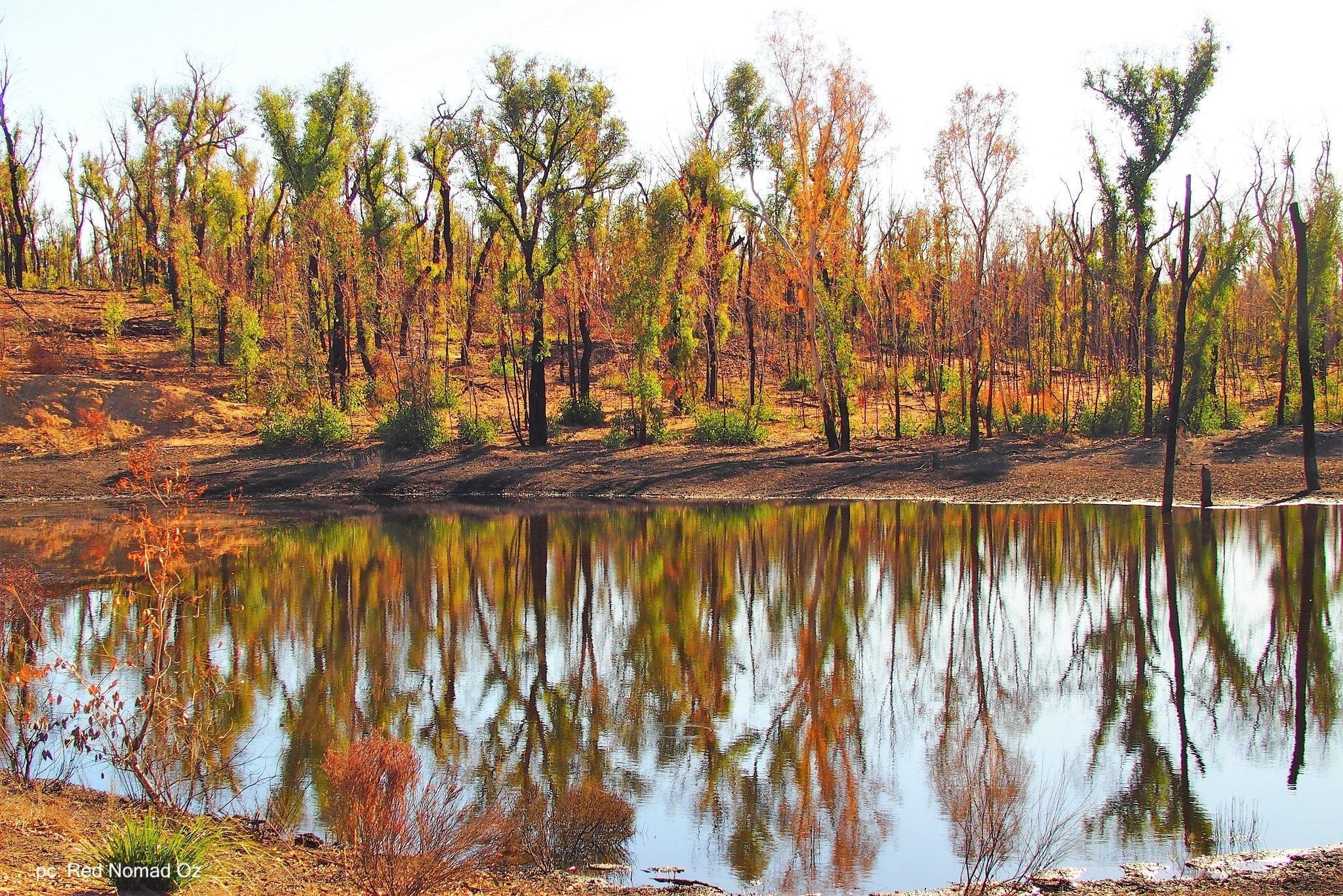
Australia Has Begun Natural Regeneration
If you didn't know, fires are a natural occurrence in Australia's fire-formed landscape, but not at the scale and intensity we saw this year. The good news is that areas that weren't overly scorched will naturally regenerate on their own — and they have begun to do just that!
1 Million Fruit Trees Planted In India To Fight Hunger
That's right! With the help of our extraordinary on-the-ground reforestation partners, we were able to plant 1 million fruit trees in India this year! These trees will be crucial in the fight against hunger in rural India.
Wales to Plant a Huge National Forest
Wales announced a government-led, $5.9 million project to create a National Forest to preserve nature, improve biodiversity, and sequester carbon. The plan is set to plant on 5,000 acres of land each year, and slowly scale up to 10,000 acres per year to meet their goal of reducing carbon emissions by 80% by 2050.
Planting Trees in This City Could Save Lives
Offhand, you wouldn't necessarily think of trees as LIFE SAVING. Sure, we know they benefit our lives, but researchers say that in one particular city, trees could prevent up to 400 premature deaths per year. The city named that could reap these rewards is Philadelphia! They'll need to increase its tree coverage by 30% to hit that number, but even a 5-10% increase would have significant impacts.
The Man Who Grew His Own Amazon Rainforest
This guy set EPIC sustainability goals by re-growing his own portion of the Amazon Rainforest, which had been cleared for agriculture. Giving up his 40 year career as an accountant, Omar Tello planted a now lush patch of forest stretching several hundred yards in each direction. Today, he's sharing his story in hopes that it will inspire other landowners to do the same!
Greece Launches Massive Reforestation Program
We LOVE seeing a new reforestation initiative. Especially one that's country-wide! This month, Kostis Hatzidakis, Greece's Minister of the Environment and Energy, announced the launch of its largest ever reforestation campaign. This effort will lead to the planting of over 30 million trees over a period of 10 years. Reforestation looks good on you, Greece!
Environmental Justice
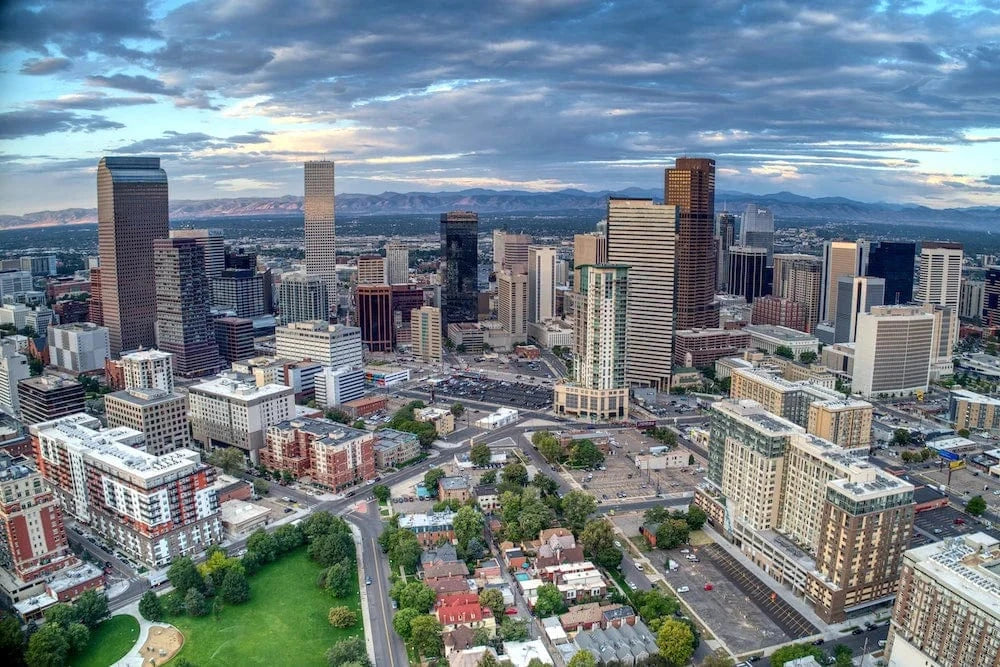
Denver Wants to Fix a Legacy of Environmental Racism
Historically, trees and city parks in America go to wealthy, white neighborhoods. Now, a program in Colorado’s capital is trying to correct that injustice. By implementing a new environmental tax that has created a larger budget, the city is planning to purchase land for new parks, repair derelict playgrounds, add recreation centers and plant trees in areas where shade is sparse. Trees for everybody!
Black Nature-Lovers are Busting Stereotypes, One Cool Bird at a Time
Thanks to a group of Black STEM professionals and students (who were inspired by the experience of Christian Cooper, who experienced racial bias while birding in Central Park), The Audubon Society, the National Park Service, and countless other organizations are boosting the work of Black Americans who love birds and nature. Black wildlife biologists, conservationists, educators, and environmental advocates are proving that (duh!) appreciating biodiversity cuts across racial divides.
Activists Raise Awareness on the Link Between Racial and Environmental Justice
The United States has had to come to terms with the inequalities that minorities face. And one of those inequalities has to do with the environment. Many have been educating themselves on systemic racism by taking a close look at the history of environmental racism. And it's impossible to ignore that environmental enforcement doesn't operate the same in communities of color and low-income communities as it does in white and privileged communities. This topic is now becoming more mainstream within the broader social justice movement. Perhaps a heavy topic, but we think it's good news that it's getting more attention!
Covid-19
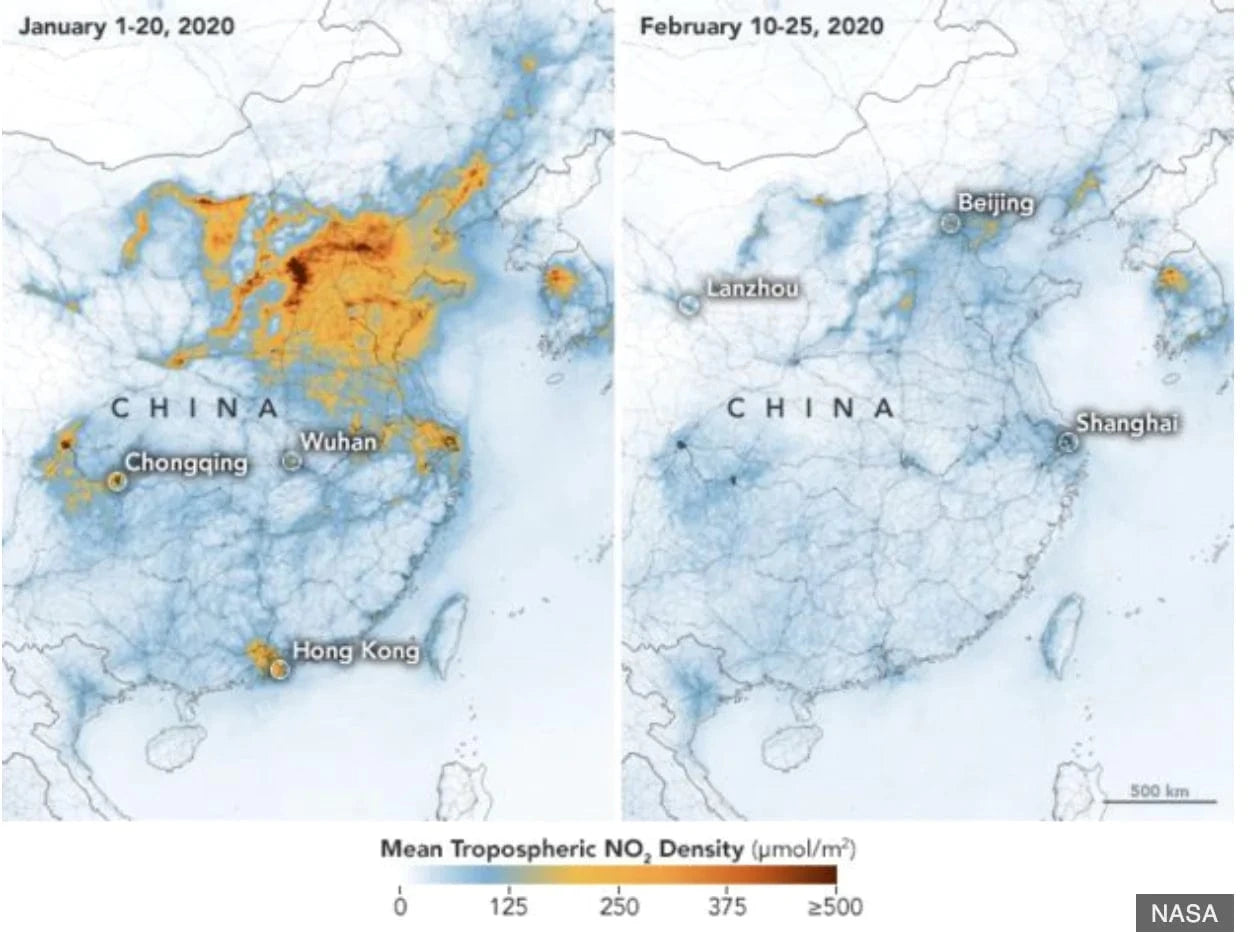
Carbon Emissions are Down Due to COVID19
Earlier this year, we talked about the surprising climate change benefits of the Coronavirus. While social distancing has definitely created serious social and economic challenges for many, it also appears to be improving our air quality as travel has decreased significantly across the board. Researchers in New York are reporting early results, saying that carbon monoxide levels produced by cars has decreased by 50% in comparison to the time measured last year. China and Italy also reported significant air pollution decreases at the height of the outbreak + lockdowns.
Pakistan Sets Virus-idled to Work Planting Trees
Yet another example of how people out of work are "taking to the streets" to help the planet! In order to achieve Pakistan's "10 Billion Tree Tsunami Programme," the country has begun employing day laborers who have been laid off due to COVID-19. What's even more incredible is that this out of the box solution has created 63,600 jobs! Nurturing nature seems like a great way to get through the crisis.
Lockdown Prompts Surge in People Adopting Hiking As A New Hobby
With a global pandemic afoot, the search for safe and socially distanced activities have been in high demand. Nothing says, "safe and covid-free" like the great outdoors! Folks all over have found themselves either getting reacquainted with or starting a new hobby — hitting the trails and exploring the natural world around them!
Wildlife

The Australian Army is Cuddling and Feeding Koalas Affected by the Fires
We'd have a much more peaceful world if our armies were dedicated to helping nature and biodiversity thrive. And while it's unfortunate that thousands of koalas are in need of care-taking after losing their homes in the wild due to the bushfires, it's great to know that they are in good hands with the Australian army, who visited Cleland Wildlife Park in Crafers, South Australia, to help feed, cuddle, and take care of them.
Pablo Escobar’s Invasive Hippos are Helping the Planet
The famous Colombian drug lord, Pablo Escobar was known to own many exotic animals that he would allow to roam around his compound in Colombia. These animals included wild hippos, which over the years multiplied from four to eighty. Due to their similarities in diet and grazing habits, researchers are now wondering if these hippos are filling ecological holes from the extinct llama-like animal, the Hemiauchenia paradoxa.
Humpback Whales Have Made a Remarkable Recovery, Giving Us Hope for the Planet
Miracles do happen! Despite massive plastic pollution and other threats to our oceans, the humpback whale is managing to increase their population. A recent study on humpback whales who mate off the coast of Brazil showed numbers increased at a scale not seen since before whaling began.
Scientists Name New Snake After Harry Potter’s Salazar Slytherin
This is good news for all you Harry Potter fans out there! According to EcoWatch, "Researchers in India have identified a new species of pit viper and named it Trimeresurus salazar, after Salazar Slytherin, a character with an affinity for snakes from the beloved Harry Potter book series by J.K. Rowling." Even if you're not a big Harry Potter fan, you would probably agree that this is a GREAT name for a snake. And yes, the researchers responsible for this name are mega fans.
Southern Resident Orca Gives Birth To Another Calf
You may recall the heart wrenching story from two years ago about the orca who carried her baby calf with her for two weeks after it had passed away. Well, things are looking up for this mama who is known as Tahlequah, or J35. She gave birth to a healthy calf in 2020! If you've been following us for some time now, you may have heard of our orca project, which directly affects this pod, the Southern Resident Orca. By planting trees along rivers and streams in the Pacific Northwest, we're helping to restore Chinook salmon habitat + stabilizing the orcas food supply. We're sending lots of love to Tahlequah and baby!
Innovation
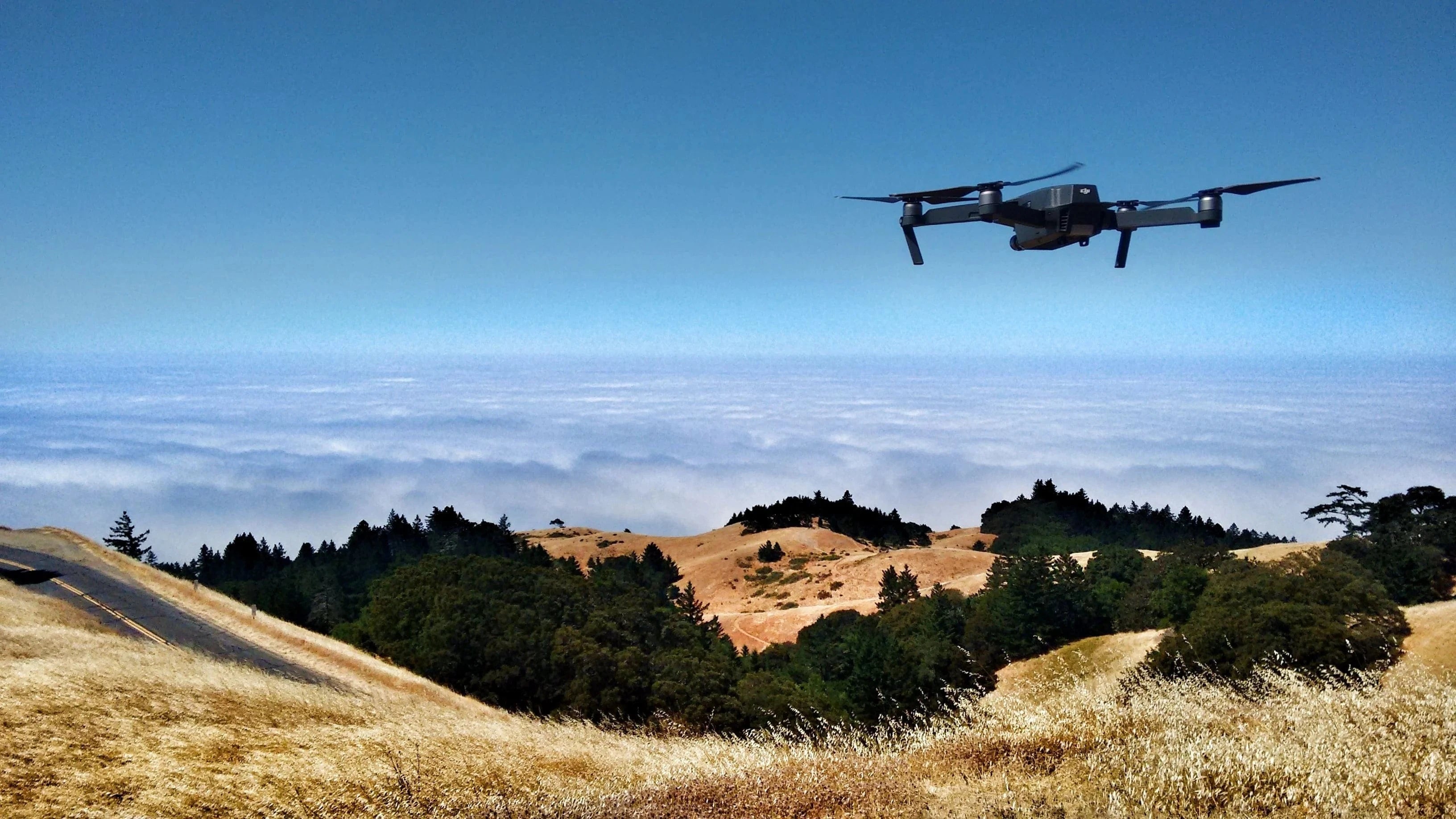
Drones to Plant 1 Billion trees by 2028
Yowza! That's a lot of trees! A Canadian startup aimed to plant 40,000 trees by the end of May using tree planting drone technology, and will continue to expand its planting regions by the end of the year. The end goal is to plant one billion trees by 2028.
Satellite Imagery Helps Detect Ocean Plastic Pollution
According to the World Economic Forum, "More than 8.3 billion tons of plastic waste enter the oceans each year, equivalent to a garbage truck dumping its contents into the sea every minute of the day." Satellite imagery is being used to detect, track, and document this plastic in order to help target cleanup efforts. There's even a "floating debris index" which identifies microplastics created by things like plastic water bottles and bags.
A New White Paint that Can Keep Buildings Cooler
A team of scientists from the University of California have designed a white paint that can reflect 98% of the heat coming from the sun. If used on the exterior of buildings, it should help to cool the interior year-round. The science to it is really simple + based on something we've all experienced (unless you live in a cold climate). “When you wear a white T-shirt on a hot sunny day, you feel cooler than if you wore one that’s darker in color. That’s because the white shirt reflects more sunlight and it’s the same concept for buildings,” explains Aaswath Raman, an assistant professor of materials science and engineering at UCLA.
Policy Change
The Law That Could Make Climate Change Illegal
Denmark recently passed an ambitious new climate law to help them stay committed to mitigating climate change. With this new law, climate targets are legally binding and are subject to yearly approval. If members of the government fail to meet climate targets they'll have step down from their position. How's that for accountability?
Vermont is First State to Ban Throwing Away Food Scraps
A bold move from One Tree Planted's stomping grounds! Vermont has become the first state to ban throwing away food scraps. The reason this is such a good move for the environment is that when food is disposed of in landfills and covered, it creates methane which is a powerful greenhouse gas.
EU Green Recovery Package Sets a Marker for the World
The European Commission released its marker for the world with the Green Recovery Package. The package sets high standards for nations that have been highly affected by COVID-19 and how their economies can tackle climate change through their recovery process. A large focus of the plan is investing money into "emissions-busting" sectors. Through this idea, over 1 million green jobs would be created. The EU Commission's president was noted saying, “Sooner or later we will find a vaccine for the coronavirus. But there is no vaccine for climate change. Therefore [we] need a recovery plan designed for the future.”
New South Wales Makes Record-Breaking Land Purchase for New National Park
Threatened species and habitats in New South Wales have something to look forward to! The government announced a record-breaking land purchase of 153,415 hectares of private land for a new national park. The land was purchased for an undisclosed fee in the far north-west of the state, making it the largest private land purchase in the state's conservation history. No word yet on the name of the new national park, but the Tibooburra Local Aboriginal Land Council has been welcomed to suggest a new name. We cannot wait to welcome the new park into the world!
Community Wins
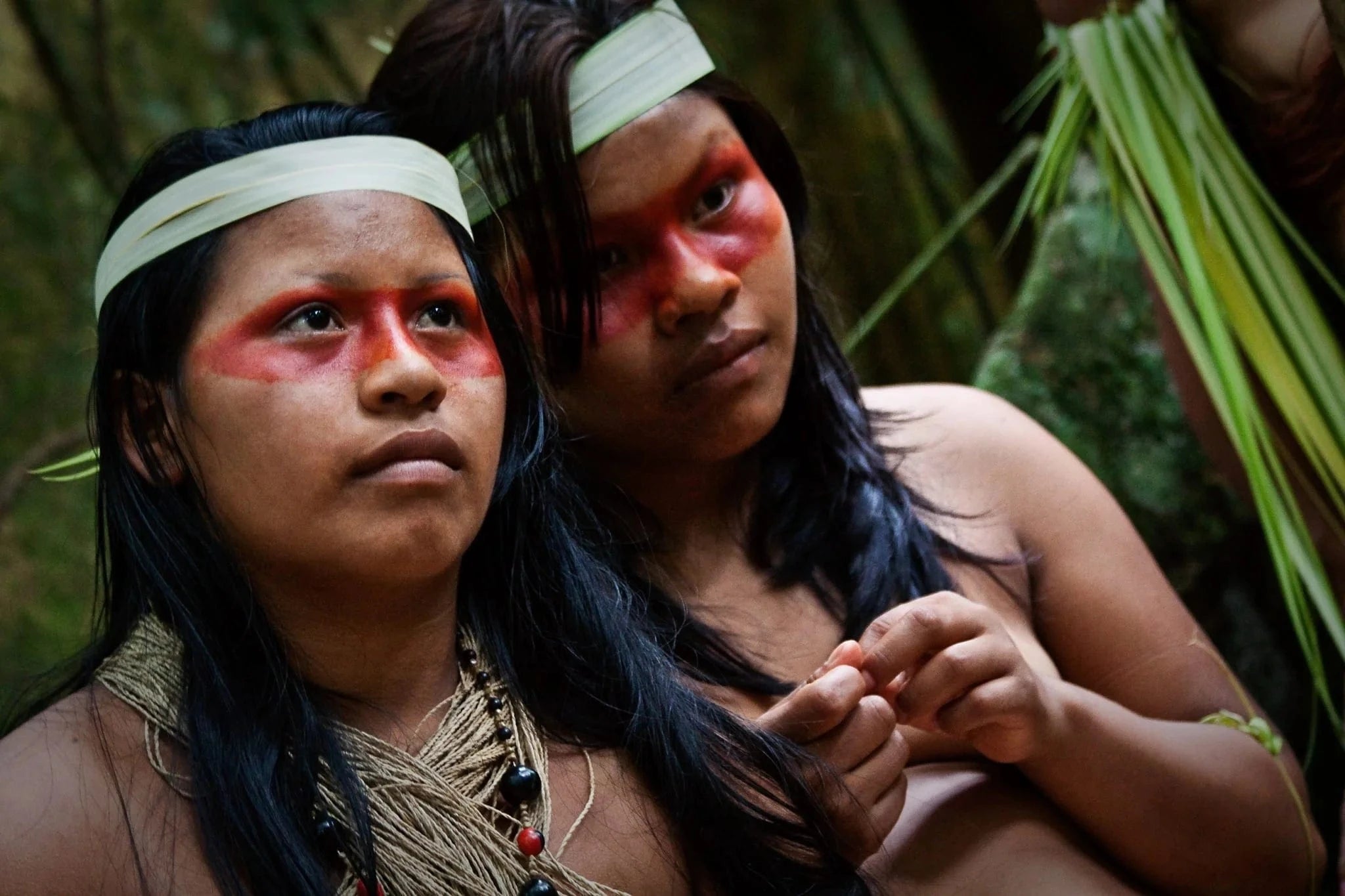
Ecuadorian Indigenous Leader Honored with Environmental Prize for Protecting 500,000 Acres of Amazon Rainforest
Indigenous people around the world are truly the keepers and protectors of forests and the natural landscape. In fact, a recent assessment of wild forests showed that indigenous people have tenure over 36 percent of Earth's remaining intact forest landscapes. So it's nice to see credit being served where it's due as Ecuadorian indigenous leader, Nemonte Nenquimo, is being honored with The Goldman Environmental Prize this year for her work to protect the Amazon rainforest.
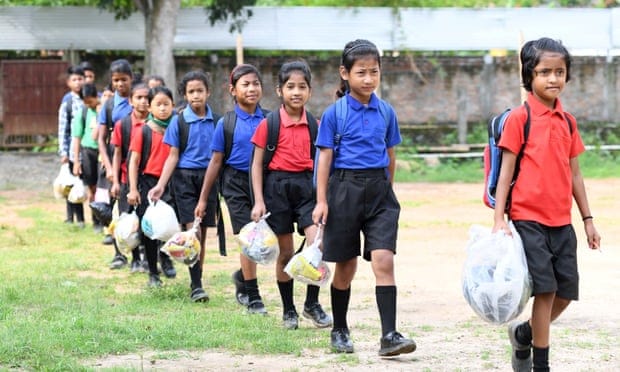
The Indian School Where Students Pay for Lessons with Plastic Waste
Every morning on their way to school, you will find the children of the village Assam’s Pamohi carrying plastic waste with them. A couple in the village identified a serious problem. The village was burning waste and creating hazardous environmental conditions that were causing respiratory distress to children in the village. The school, founded by this same couple, wanted to get children out of the workforce and give them an education. As an alternative payment, they decided to accept a pledge from parents agreeing to no longer burn plastic, and the children began collecting plastic waste to berecycledinto "eco-bricks" for construction.
Thai Villagers Save Ancestral Forest
Here's a prime example of the power of collective action. Villagers of Ban Boon Rueang in northern Thailand were aware for a long time that the nearby forest wetland was the primary supplier of their fish and firewood. But in 2010, it became even more clear how vital the forest was when severe flooding came through and destroyed many of the nearby villages. Had it not been for the forest serving as a buffer, Ban Boon Rueang wouldn't have survived the flooding. In 2015, Ban Boon Rueang was included in part of a Special Economic Zone (SEZ) and the villagers took this opportunity to conserve the land rather than allow it to be use for industrial needs, which ultimately was degrading the forest. Their plan of action was so effective that they've been awarded the United Nations' Equator Prize for "outstanding community efforts to reduce poverty through the conservation and sustainable use of biodiversity."
So you see, 2020 wasn't ALL bad! Things can only go up from here and we've got a really good feeling about 2021. Maybe that's because no matter what, One Tree Planted stays infectiously positive or it could just be all those trees we've planted! Plus, it's Treecember so if you'd like to make the future brighter, gift a tree to someone you love! And if you're still not convinced that a lot of really really awesome stuff happened in 2020 you'd better check out more positive environmental storiesfrom 2020 and beyond!
Get news, updates, & event Info delivered right to your inbox:
Related Posts
Sustainable Diet Tips: How to Eat Healthy While Protecting the Planet
13/01/2026 by Meaghan Weeden
Agroforestry Explained: Principles, Benefits, and Case Studies
08/01/2026 by Meaghan Weeden
Plant Your Resolution: Making a Global Impact With The Grove
01/01/2026 by One Tree Planted
Popular On One Tree Planted
How to Reduce Waste: 21 Practical Zero Waste Tips for Everyday Living
23/12/2025 by Meaghan Weeden
Inspirational Quotes About Trees
16/12/2025 by Meaghan Weeden
The 9 Oldest, Tallest, and Biggest Trees in the World
11/12/2025 by One Tree Planted
Fundraising Disclosures

Be Part of the Restoration Movement
The Grove is more than just a monthly giving program: it's a vibrant community of individuals who are dedicated to reforestation and environmental restoration on a global scale.





